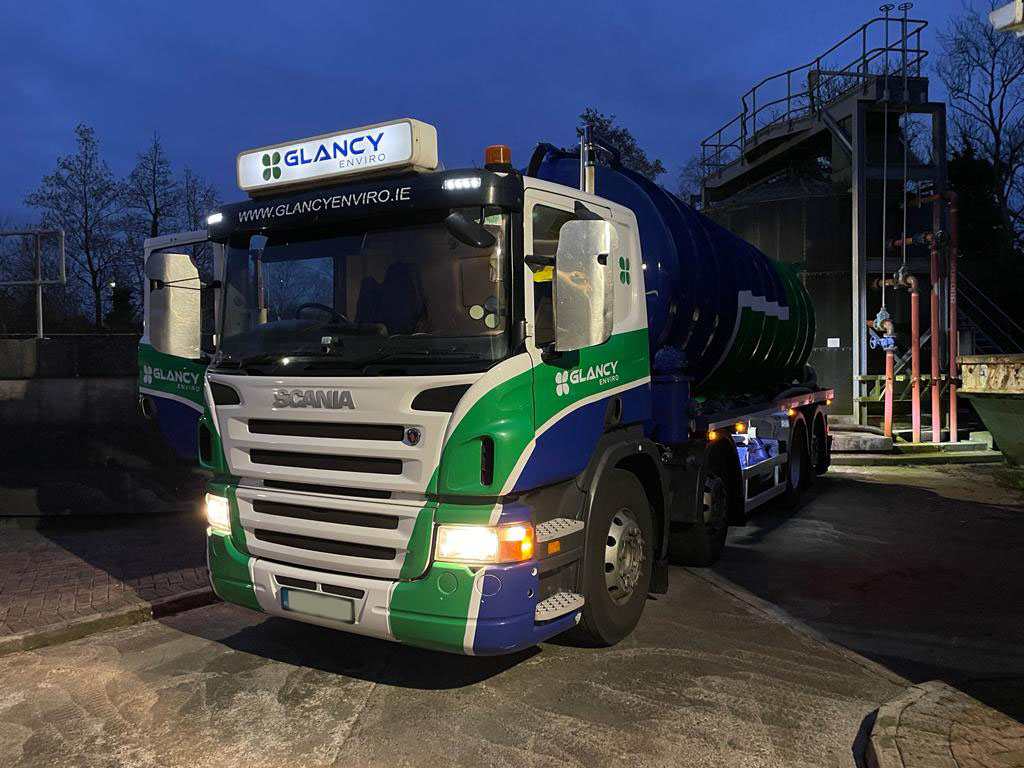Reclaim Waste for Dummies
Reclaim Waste for Dummies
Blog Article
The 8-Minute Rule for Reclaim Waste
Table of ContentsThe Ultimate Guide To Reclaim WasteThe Only Guide to Reclaim Waste6 Easy Facts About Reclaim Waste ShownThe 10-Second Trick For Reclaim WasteGetting The Reclaim Waste To Work
Explore the kinds, incidents, and types of fluid waste. Residential sewage waste refers to the waste and products from a property sewage-disposal tank. This kind of waste is developed by humans in houses, institutions, and various other structures. This only consists of sewage-disposal tanks that have a drain field. The correct administration and disposal of domestic sewer waste require fluid waste to be moved to a sewage treatment plant where the appropriate methods and equipment are put on purify and deal with waste.
Industrial waste commonly includes prospective risks, such as flammable products or a combination of fluid and solid waste products, and needs an extra innovative and thorough disposal process. The disposal of commercial waste commonly includes the purification of waste before transportation to make certain secure and appropriate disposal. Industrial waste is created from by-products and overflow of industrial procedures and production.
This kind of waste can not make use of the exact same sewage management transport or procedures as septic or industrial fluids. The hazardous waste administration process needs the inspection and testing of fluid waste before it goes through the disposal process (liquid waste removal). Runoff waste is the fluid waste that comes from overflow and excess stormwater in very inhabited locations or cities
Runoff waste can trigger contamination and flooding otherwise dealt with correctly. Find out more regarding drain cleaning and waste monitoring. Ensuring proper waste monitoring can protect against catastrophes and decrease ecological damage. Both people in domestic settings and professionals in commercial or production markets can profit from recognizing the processes and policies of liquid waste administration.
The Ultimate Guide To Reclaim Waste
Call PROS Providers today to learn more about our waste management and disposal solutions and the correct means to care for the liquid waste you produce.
(https://www.openstreetmap.org/user/reclaimwaste1)This so-called 'wastewater' is not just a vital source but, after treatment, will certainly be released to our land, waterways or the sea. Used water from bathrooms, showers, baths, cooking area sinks, laundries and industrial procedures is understood as wastewater.

water utilized to cool machinery or tidy plant and equipment). Stormwater, a type of wastewater, is overflow that moves from look at here now farming and urban areas such as roofing systems, parks, yards, roads, paths and gutters right into stormwater drains pipes, after rain. Stormwater moves neglected directly to local creeks or rivers, at some point getting to the sea.
The Main Principles Of Reclaim Waste
In Queensland, a lot of wastewater is dealt with at sewer treatment plants. Wastewater is moved from residential or industrial sites through a system of drains and pump terminals, understood as sewage reticulation, to a sewer therapy plant. City governments build, preserve and operate most sewage treatment plants. Operators are certified under the Environmental Defense Act 1994 to release treated wastewater at an acceptable ecological standard into rivers.
The Department of Natural Resources recommends city governments regarding managing, operating and maintaining sewerage systems and treatment plants. In unsewered areas, local governments may need homeowners to mount individual or home sewage therapy systems to treat residential wastewater from commodes, cooking areas, bathrooms and washings. The Division of Natural Resources authorises making use of family systems when they are verified to be efficient.
In some new neighborhoods, therapy of some stormwater to get rid of litter, sand and crushed rock has begun using gross toxin catches. Wastewater treatment happens in four phases: Gets rid of solid issue.
Utilizes little living organisms understands as micro-organisms to damage down and remove staying liquified wastes and fine bits. Micro-organisms and wastes are included in the sludge.
Reclaim Waste Fundamentals Explained
Nutrient removal is not offered at all sewage treatment plants since it needs costly specialist devices. Clear fluid effluent created after treatment may still consist of disease-causing micro-organisms - liquid waste disposal melbourne.

This generally indicates wastewater needs to be dealt with or pollutants eliminated before it can be discharged to rivers. Most wastewater moves right into the sewage system. Under the Act, city governments administer authorizations and permits for ecologically relevant tasks (ERAs) entailing wastewater launches that might have a local impact. The division administers approvals and permits to Periods including wastewater launches that may have a regional or statewide impact.
The Best Guide To Reclaim Waste
Or else, samples are considered lab analysis. Frequently lots of examinations are needed to establish the degrees of each of the various pollutants such as oils, hefty metals and pesticides in water. Surveillance provides accurate information regarding water top quality and can verify that licence problems are being fulfilled. The information gotten via tracking offers the basis for making water high quality decisions.
Report this page